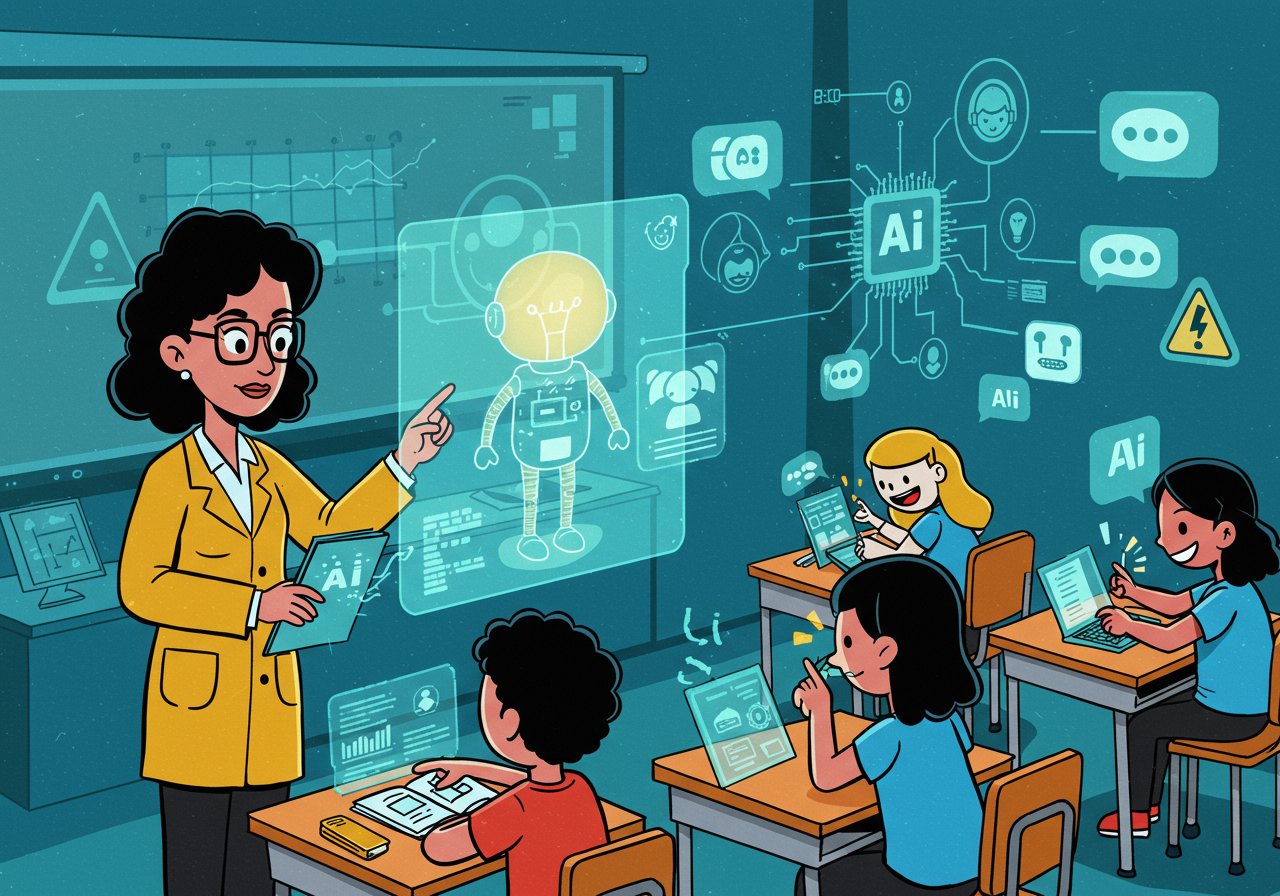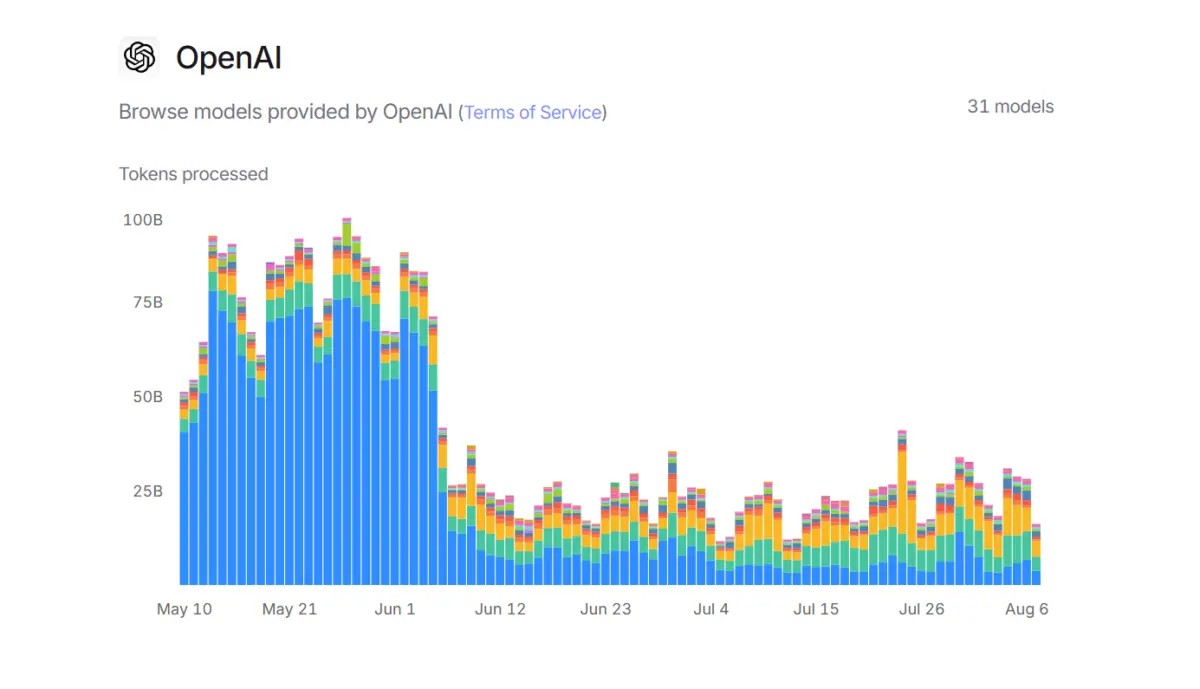
The AI Revolution Hits the Classroom: A New Era of Education
The school bell has rung, but this year, the familiar classrooms are transformed by the presence of artificial intelligence. Educators are no longer simply teaching; they’re navigating a new landscape, adapting their methods to the evolving capabilities of AI. This shift, spurred by the increasing accessibility of tools like ChatGPT, is prompting a reevaluation of how students learn and how teachers teach. The core issue isn’t just about the technology itself, but about how to leverage its power while mitigating its potential pitfalls.
Personalized Learning and the Power of AI Tutors
One significant advantage of AI in education is the potential for truly personalized learning. Imagine an AI tutor that adapts to a student’s individual pace, background, and goals, providing instant feedback and support. This vision, championed by educators like John von Seggern, offers the promise of a one-on-one educational experience for every student, at scale. Furthermore, AI can alleviate the burden of menial tasks, freeing students to focus on the core concepts and creative endeavors. AI can also help students pick up supplementary skill sets more quickly.
Combating Cheating and Fostering Genuine Understanding
However, the rise of AI in the classroom presents challenges, particularly regarding academic integrity. As Daniel Myers, an associate professor, points out, the ease with which students can generate text raises questions about the connection between submitted work and genuine learning. The friction that is essential for true learning is replaced with easy answers. Educators are responding by rethinking assignments, shifting some of the work to in-class settings, and emphasizing the importance of process over product. Encouraging students to actively use AI design and giving them agency in their work is another tactic.
Innovative Approaches and the Future of Education
The key to success, educators believe, lies in designing the learning process so that it requires real understanding. By moving assignments in-class, and encouraging students to use AI, teachers can assess the work being done. AI, when utilized thoughtfully, can “supercharge” learning, providing students with access to a wealth of knowledge and perspectives. Anthropic, with its Claude AI, is also creating models that are focused on education to try and incorporate education values and pedagogical best practices.
A Collaborative Effort: Educators, Developers, and Students
The integration of AI into education is a collaborative effort. Educators must adapt their methods, developers must create educational tools, and students must learn to use AI responsibly. The evolution promises growth, and requires a united front from all parties involved to foster an educational environment that harnesses the power of AI while preserving the core values of learning and critical thinking.



